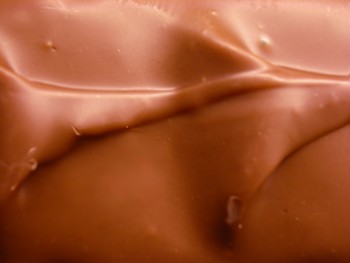Jul 27 2005
Following new research that has discovered that flavanols, a plant chemical that occurs in cocoa beans, were good for human health, confectionary maker Mars, a privately owned company, yesterday unveiled new research showing that cocoa, the central ingredient in most of its products, has properties that can be used to treat diabetes, strokes and vascular disease.

The company, which makes M&Ms and Mars bars, said it hoped to make medications based on flavanols, plant chemicals, with health benefits found in cocoa.
Concern that the cocoa plant was prone to disease in the late 1960s, prompted Mars to begin working to understand how the plants could be insulated against disease.
In the course of the research they discovered that flavanols, a plant chemical that occurs not only in cocoa beans, but green tea, red wine and tomatoes, were beneficial for human health.
Experts from around the world gathered this week, at a meeting organized by Mars in Switzerland, to discuss more than 80 peer-reviewed publications on the possible health benefits of flavanols.
Among the findings mentioned at the meeting was that flavanols could relax human blood vessels, which is a key to improving circulation for heart health.
A team including Ian McDonald, professor of physiology at the University of Nottingham, has found that flavanols can increase blood flow to the brain, suggesting the potential for treating dementia and strokes.
Rather ironically, as chocolate bars usually containing so much sugar, it was also found flavanol could treat diabetes.
Norm Hollenberg, professor of medicine at Harvard Medical School, which has collaborated with Mars on cocoa research, says the mounting scientific evidence on cocoa flavanols is extraordinary, and a scientific breakthrough that could lead to a medical breakthrough.
Mars has already discovered how to replicate flavanols and has patented the method.
The company is currently in "serious discussions" with pharmaceutical companies about licensing the development of these "synthesis ed flavanols" towards "a potential major new class of medications".
Before you grab another chocolate bar be aware that nutritionists warn that the healthy properties of the cocoa bean are often out-weighed by the fat, dairy products and sugar in most commercial chocolate bars.
They instead recommend cooking with the raw cocoa bean to benefit from the anti-oxidants, anti-depressants and sexual stimulants in chocolate.
Peter Pure, a freelance nutritionist, is not at all surprised to find chocolate has medicinal properties, and says cocoa beans are full of antioxidants, anti-depressants and sexual stimulants.
But Mr Pure does warn that the fat in many dairy chocolate bars cancel out the goodness.
Quick off the mark, Mars has already launched CocoaVia, a nutrition bar containing 80 calories and specially preserved flavanols, which usually get destroyed in cocoa processing.
An industry conference in Malaysia last week were told that chocolate companies had to shed the junk food image and highlight cocoa's healthier qualities to encourage demand for a produce mainly grown by poor African farmers.